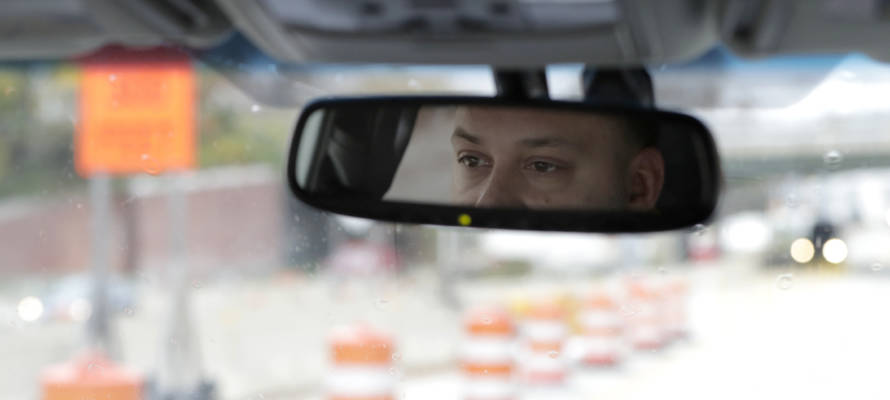According to Eyesight Technologies, distracted driving is responsible for 80% of all accidents on the road and 25% of accident-related fatalities.
By United With Israel Staff
Israel-based Eyesight Technologies, which describes itself as an AI computer vision solutions leader, announced new features on Thursday for the company’s DriverSense and FleetSense solutions “to detect driver distraction as a result of cell phone usage and smoking.”
The company said on its website that “the new features will be added to the company’s existing distraction and drowsiness detection capabilities to further mitigate driver distractions and prevent accidents.”
According to Eyesight Technologies, distracted driving is responsible for 80% of all accidents on the road and 25% of accident-related fatalities.
It has been described as the “new drunk driving,” says the company statement.
“While external factors can contribute towards accidents, the reality is that the most dangerous aspect of the driving experience is actually the driver,” it continued.
The DriverSense driver monitoring system (DMS) is said to analyze “the driver’s facial features, including head pose, gaze vector, blink rate, and eye openness to detect signs of drowsiness and distraction. The latest update increases the scope of the driver monitoring to extend beyond physical attributes of the driver to recognize driver actions, and can now detect the smoking of a cigarette and cell phone related distractions,” says Eyesight Technologies.
“There’s no greater distraction and danger on today’s road than mobile phones,” said David Tolub, CEO of Eyesight Technologies. ”The average driver doesn’t realize that looking down at your phone to check a text is six times more likely to result in an accident than driving under the influence of alcohol. Our first priority is the safety of all people on the road, and eliminating the distraction created by our cell phones is a huge step towards a much safer road.”
Eyesight Technologies is headquartered in Israel, with global offices in Cupertino, California in the Silicon Valley, as well as Shenzhen and Hong Kong.
